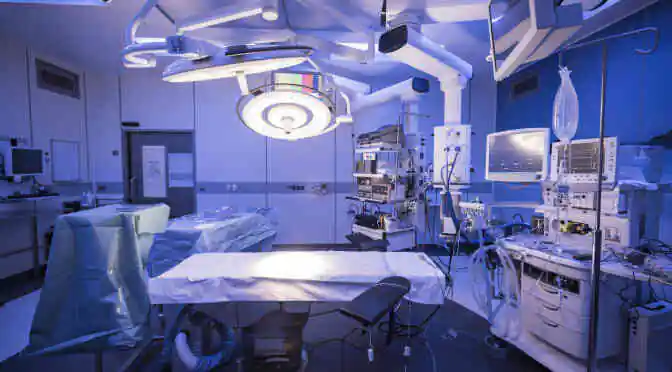While cancer still remains one of the greatest medical threats to our society due to its unpredictability and variety of forms, it is no longer simply a death sentence or an unwinnable battle. There has been a great deal of advancement in cancer treatment over the past few years thanks to new research and greater resources. Today’s methods are focused on harnessing the incredible, inherent ability of the immune system to continuously defend itself against foreign invaders.
The immune system attacks foreign substances in the body by producing antibodies that hunt down and destroy antigens. Researchers have been able to determine the presence of specific antigens in breast cancer cells and create antibodies to target and ultimately eradicate them. These antibodies are known as monoclonal antibodies or mAbs, and they can be produced in large quantities through copying in a lab. There are two types of mAbs: naked and conjugated. Each of them has specific ways in which they work to fight and destroy cancer cells.
The use of mAbs to fight cancer has had mixed results due to the fact that finding the antigens in certain cancers can be challenging and complex. However, there has been a great deal of success with this therapy in breast cancer patients. This has led to the development of anti-body drug conjugates (ADCs). According to an article published by Drug Discovery & Development two weeks ago, even though ADCs are extremely difficult to work with and several have had to be pulled from the market, their potential is so great that it cannot be ignored. The article also suggests that the best way to improve ADCs is through better bioanalysis methods and collaboration between those developing ADCs and contract research organizations (CROs).
According to an article published by Yahoo just three days ago, biotechnology company OncoSec Medical Incorporated released its research findings on cancer immunotherapies. These findings exemplified the great deal of advancement that has been made and the potential benefit of this type of cancer treatment. Its exciting news for researchers, medical professionals, and patients alike.
Driven by increased awareness and the development of new technologies, the global mAbs market will see substantial growth in the next few years. According to analysts at Technavio, the global breast cancer mAbs market, the fastest growing segment, will grow at a CAGR of approximately 8% by 2020. APAC will lead the pack in terms of regional market expansion, and competition will most likely continue to intensify. This means greater hope and real potential for all cancer patients, especially those dealing with breast cancer.
Want to find out which companies are behind the development of mAbs?



